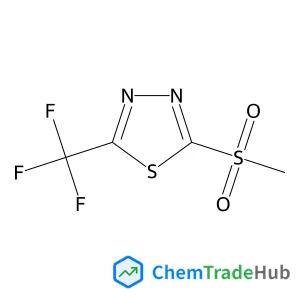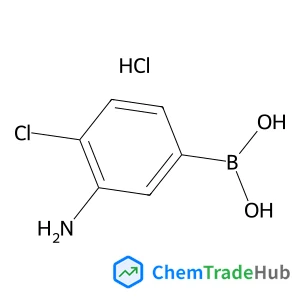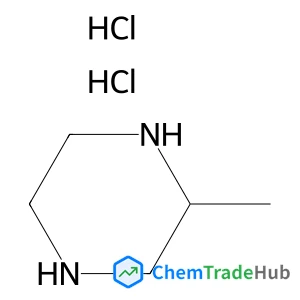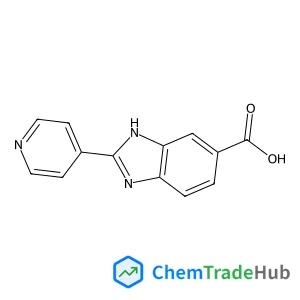The highly enantioselective catalytic aza-Morita–Baylis–Hillman reaction
文献信息
Fang-Le Hu, Min Shi
The highly enantioselective aza-Morita–Baylis–Hillman (aza-MBH) reaction is one of the most important reactions for the synthesis of optically active α-methylene-β-amino carbonyl compounds. The use of chiral phosphines or amines as organocatalysts can be envisaged for this catalytic asymmetric reaction. This mini review focuses on the important developments with regard to asymmetric aza-MBH reactions catalyzed by chiral phosphines or amines or even organometallic complexes in recent decades and also on the perspectives that these new developments offer.
相关文献
IF 6.367
Engineering nanoporous organic frameworks to stabilize naked Au clusters: a charge modulation approachIF 6.222
MnO/C cubo-polyhedrons derived from α-MnO2@ZIF-8 as anode materials for high-performance lithium-ion batteriesIF 6.367
Direct arylation polycondensation towards water/alcohol-soluble conjugated polymers as the electron transporting layers for organic solar cellsIF 6.222
Stabilizing synthetic DNA for long-term data storage with earth alkaline saltsIF 6.222
Co-production of pure hydrogen, carbon dioxide and nitrogen in a 10 kW fixed-bed chemical looping systemIF 6.367
Mechanism of lignocellulose modification and enzyme disadsorption for complete biomass saccharification to maximize bioethanol yield in rapeseed stalksIF 6.367
Transition-metal-free insertion reactions of alkynes into the C–N σ-bonds of imides: synthesis of substituted enamides or chromonesIF 6.222
Selective light driven reduction of CO2 to HCOOH in water using a {MoV9}n (n = 1332–3600) based soft-oxometalate (SOM)IF 6.222
Increasing efficiency of perovskite solar cells using low concentrating photovoltaic systemsIF 6.367
来源期刊
Organic Chemistry Frontiers
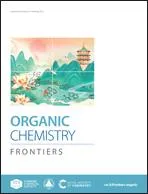
Organic Chemistry Frontiers publishes high-quality research from across organic chemistry. Emphases are placed on studies that make significant contributions to the field of organic chemistry by reporting either new or significantly improved protocols or methodologies. Topics include, but are not limited to the following: Organic synthesis Development of synthetic methodologies Catalysis Natural products Functional organic materials Supramolecular and macromolecular chemistry Physical and computational organic chemistry
推荐供应商
 五洲东方科技发展有限公司
五洲东方科技发展有限公司 斯坦豪斯
斯坦豪斯 戴科化学贸易化学(上海)有限公司
戴科化学贸易化学(上海)有限公司 克莱恩纺织品
克莱恩纺织品 江门市恒怡实业有限公司
江门市恒怡实业有限公司 GlobACO GmbH
GlobACO GmbH 衢州伟荣药化有限公司
衢州伟荣药化有限公司 Teclis SAS
Teclis SAS 保羅萊賓格 GmbH & Co. KG
保羅萊賓格 GmbH & Co. KG 山东嘉联新材料有限公司
山东嘉联新材料有限公司











